WILMINGTON, Del. (news agencies) — President Joe Biden is looking to showcase the Indo-Pacific partnership he has nurtured since taking office as he hosts the leaders of Australia, Japan and India in his hometown Saturday with an eye on his legacy as well.
When Biden entered the White House he looked to elevate the so-called Quad, which until then had only met at the foreign minister level, to a leader-level partnership as he tried to pivot U.S. foreign policy away from conflicts in the Middle East and toward threats and opportunities in the Indo-Pacific. This weekend’s summit is the fourth in-person and sixth overall gathering of the leaders since 2021.
Biden put a personal touch on the engagement — potentially the last of the group before he leaves office on Jan. 20 — by opening his home in Wilmington, Delaware, to each of the leaders and hosting a joint meeting and formal dinner at the high school he attended more than 60 years ago.
Australian Prime Minister Anthony Albanese, Indian Prime Minister Narendra Modi and Japanese Prime Minister Fumio Kishida came for the meetings before their appearances at the U.N. Nations General Assembly in New York next week.
“You guys have heard the president say many times that all politics is personal, all diplomacy is personal,” White House national security adviser Jake Sullivan told reporters as meetings were set to get underway. “And developing personal relationships has been core to his approach to foreign policy as president. So opening his home to the leaders of India, Japan and Australia is a way of him showing, not just saying, but these leaders matter to him.”
On Friday afternoon, Biden welcomed Albanese to his home on a pond in a wooded area several miles west of downtown. On Saturday, he was hosting Kishida and Modi there before convening all the leaders for consultations at Archmere Academy in nearby Claymont.
Sullivan described the vibe of the meeting with Albanese as “two guys — one at the other guy’s home — talking in broad strokes about where they see the state of the world.” He said Biden and Albanese also swapped stories about their political careers.
Reporters and photographers were prohibited from covering Biden’s individual meetings with the leaders, and Biden does not plan a news conference — a question-and-answer appearance that is typical at such international summits.
As part of the summit, the leaders were set to announce new initiatives to bolster maritime security in the region — with enhanced coast guard collaboration through the Pacific and Indian oceans — and improve cooperation on humanitarian response missions. The measures are meant to serve as a counterweight to an increasingly assertive China.
Sullivan said he expected Biden and Modi would discuss Modi’s recent visits to Russia and Ukraine as well as economic and security concerns about China. Modi is the most prominent leader from a nation that maintains a neutral position on Russia’s invasion of Ukraine.
Sullivan said Biden would underscore “that countries like India should step up and support the principles of sovereignty and territorial integrity” and that “every country, everywhere, should refrain from supplying inputs to Russia’s war machine.”
The Biden administration promised that the leaders would issue a joint statement containing the strongest ever language on China and North Korea to be agreed upon by the four countries.
The White House said the leaders would also roll out an announcement related to Biden’s Cancer Moonshot Initiative, a long-running passion project of the president and his wife, Jill Biden, aimed at reducing cancer deaths. The Bidens’ son Beau died in 2015 at the age 46 of brain cancer.
As Biden’s time in office draws down, the White House also was celebrating the bipartisan, bicameral formation of a “Quad Caucus” in Congress meant to ensure the longevity of the partnership regardless of the outcome of the November election.
Madhani reported from Washington



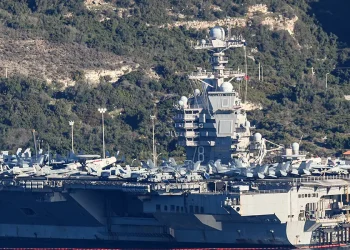
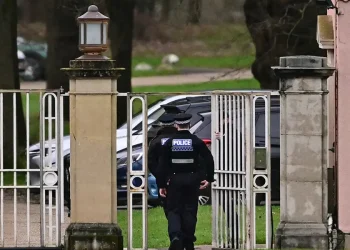
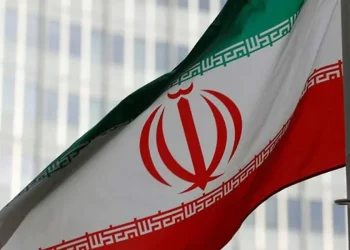
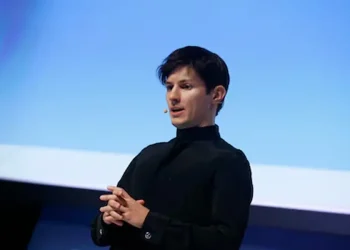
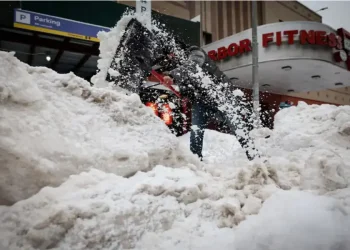
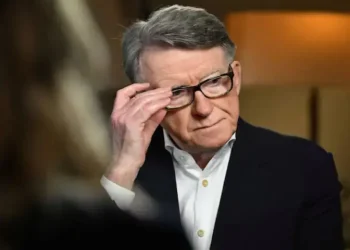

 American Dollar Exchange Rate
American Dollar Exchange Rate